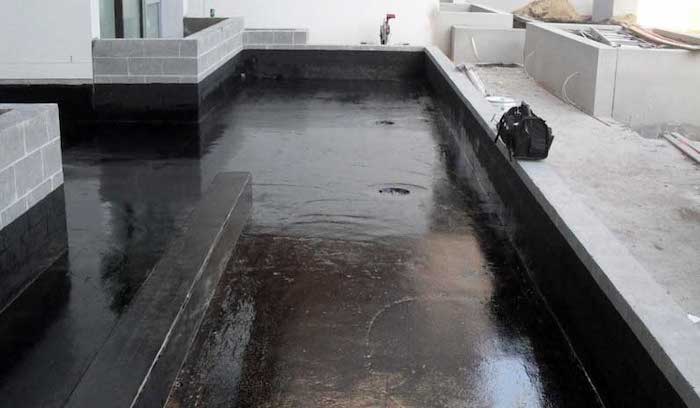Mastic is a binding organic mass, into which various additives are added, thus obtaining a material with different properties. Rubber, all kinds of plasticizers, various fillers, various resins make it possible to obtain different types of mastics for different tasks. A large number of its varieties are used in construction.
Bituminous mastic performs waterproofing, is used in finishing works, is excellently capable of connecting some materials to each other, and so on.
Polymer mastics are obtained by mixing synthetic rubber and solvent, vulcanizing components. They have unique adhesion and elasticity. It is used to provide waterproofing when installing a roof. Polymer materials are preferred over bituminous materials.
Road mastics are used in road construction. It is a plastic and viscous adhesive mass. It is produced by mixing astringent organic components and special additives. It is successfully used to eliminate cracks and cracks, to ensure sealing..
Adhesive mastics are actively used in construction in order to lining structures, for example. Silicate, polymer and mixed mastics are also used for these purposes. In roofing and waterproofing works — adhesive bitumen mastics. For works related to tiles — adhesives with polymers.
They are also divided into hot and cold. The latter contain a solvent in their composition and do not require mandatory heating. Bitumen are produced both cold and hot. The base for them is made up of bitumen obtained as a result of oil refining..
They are not afraid of alkalis, salts and acids, they are able to dissolve in petroleum products, fats and oils. The disadvantage of bituminous mastics is their fragility. To eliminate them, rubber crumbs are introduced into their composition. This creates an improved material — flexible, resistant to the external environment, stretchable..
Polymer bitumen mastic is resistant to heat, it has high elasticity and resistance to heat.
Water-repellent mastic is made on the basis of butyl. It is used as a sealant when moisture protection is required..
Mastic, which is based on low-molecular compounds of petroleum bitumen, polypropylene, polyethylene, has proven itself well..
There are also special anti-corrosion mastics.







